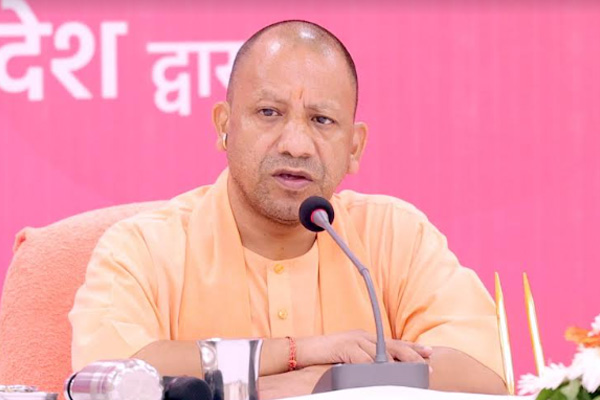Lucknow: In a remarkable initiative, the Yogi government is set to break records by planting 36.50 crore saplings on July 20. Simultaneously, it boosts farmers’ incomes through ‘carbon finance,’ encouraging them to participate in this plantation drive.
As part of the Government of India’s ambitious goal to achieve net-zero carbon emissions by 2070, farmers will gain additional income from carbon credits by planting fast-growing trees such as Poplar, Melia, Dubia, and Semal. These carbon credits will be purchased every five years at six US dollars per credit.
Notably, the trees planted under this initiative will provide farmers with additional income. The state government will benefit farmers through incentives for this purpose. The Chief Minister has also instructed that promoting carbon finance should reach as many farmers as possible.
In the first phase, farmers from six divisions of Uttar Pradesh will benefit from carbon credits. In a recent high-level meeting, CM Yogi ordered that farmers should be provided with these benefits immediately.
For the first phase, Chief Minister Yogi Adityanath’s home district Gorakhpur, the capital Lucknow, Bareilly, Meerut, Moradabad, and Saharanpur have been selected. TERI and VNV Advisory Services are assisting in this process.
Between 2024 and 2026, farmers will receive incentives totaling Rs 202 crore. In the first phase, 2,406 farmers from Gorakhpur will receive Rs 34.66 crore, 4,500 farmers in Bareilly will receive Rs 24.84 crore, 2,512 farmers in Lucknow will receive Rs 21.26 crore, 3,754 farmers in Meerut will receive Rs 21.67 crore, 4,697 farmers in Moradabad will receive Rs 38.05 crore, and 7,271 farmers in Saharanpur division will receive Rs 61.52 crore. In total, 25,140 farmers will benefit from Rs 202 crore. In the first phase, Rs 50 lakh obtained from carbon credits will be distributed to 100 selected farmers in the Gorakhpur division.
Every fifth year, the rate will be six dollars per carbon credit. The estimated carbon credits will be 42,19,369. In the second phase, seven divisions—Devipatan, Ayodhya, Jhansi, Mirzapur, Kanpur, Varanasi, and Aligarh—have been selected. In the third phase, the entire state is proposed to be covered under carbon financing.
Carbon financing is an innovative financial instrument that assigns a monetary value to carbon emissions. It provides businesses, looking to offset their emissions, with a tradable permit through carbon credits.
A carbon credit allows its holder to emit one ton of carbon dioxide or an equivalent amount of other greenhouse gases. In the context of farmers, it targets the reduction in carbon emissions achieved through the trees they plant. Farmers are given carbon credits for each ton of carbon dioxide emissions they prevent, providing them with financial benefits as an incentive.

